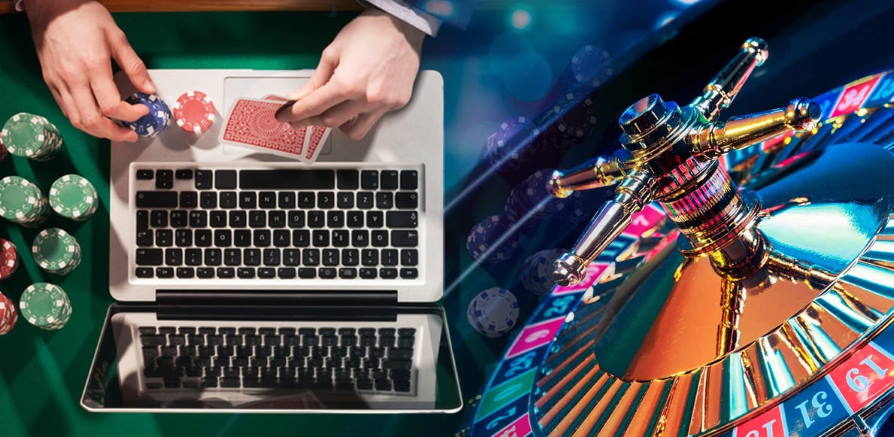Problem Gambling New Zealand
In many countries around the world, ethnic background plays a major in determining an individual’s risk of becoming a problem gambler. In New Zealand specifically, individuals of Maori and Pasifika descent are more likely to develop gambling addictions than any other local residents.


New Zealand: No gambling under 18 policy! New Zealand no gambling policy under the age of 18 helps to promote responsible gambling because grown adults are more likely to gamble wisely. This rule applies when people sign up for online casinos because they are asked for all their financial information.
In New Zealand, the statistics show that at any given moment 0.3% to 1.8% of people are likely to be deemed as a problem gambler. This means that at any given time, 10,000 to 60,000 people are playing casino or Lotto games. According to the New Zealand’s Gambling Act of 2003, a problem gambler is defined as a person whose gambling causes harm. Two New Zealand surveys were examined to assess the robustness and reliability of the Problem Gambling Severity Index (PGSI). The PGSI cohered to a single factor in both data sets and had high internal reliability. Problem Gambling in New Zealand Gambling, like a lot of adult past times, can be harmless entertainment. In fact, the vast majority of casual gamblers get a lot of pleasure and enjoyment from playing casino games, the lotto, poker and other forms of gambling.

According to statistics, Maori individuals are 3.5 times more likely to become problem gamblers than any other ethnic group in New Zealand. However, this is a fairly recent phenomenon; in fact, there is no Maori word for ‘gambling’. It was not until the 1980s that gambling emerged as a popular pastime among the Maori community, but the introduction of the activity had a huge impact. The Ministry of Health estimates that 1 in 16 Maori males and 1 in 24 Maori females are problem gamblers while a third of the population is at risk. sbobet
More than 80% Maori problem gamblers were first introduced to the activity at home at an early age. Card games are quite a popular family pastime but, they can be harmful when money is involved. Studies show that children who are exposed to gambling are more likely to develop unhealthy habits later on in life – and that certainly seems to be the case in the Maori community.
Problem Gambling A New Zealand Perspective On Treatment
It is also believed that local gambling operators have played a role in the spread of gambling addiction among Maoris. ‘Maraes’ are sacred areas where the Maori culture can be celebrated, and on display in many of these locations are plaques and signs advertising the local lottery commission and other gaming trusts. Casino operators also used their décor to attract Maori individuals, featuring carvings and art specific to the culture.
Problem Gambling New Zealand Immigration
The Pasifika community (including individuals from Samoa, Tonga, Cook Islands and Fiji) have experienced the same struggle with problem gambling in New Zealand casinos. There are fewer problem gamblers in this community, but they spend significantly more money on the vice. While Maori gamblers spend nearly $2000 on the activity every year, Pasifika players spend $13 000 on gambling annually.
Problem Gambling Foundation New Zealand

According to studies conducted by New Zealand’s Problem Gambling Foundation, unemployment and low-income levels were to blame for the high problem gambling rates in these communities A survey revealed that Samoans and Tongans gamble to fulfill their households’ financial needs, and that an increase employment opportunities could potentially lower problem gambling rates. Concerns have also been raised that there is a high concentration poker machines in low-income areas, encouraging more Pasifika individuals to gamble. Members of these communities agree that easy access to pokies is likely behind the increase in problem gambling rates.